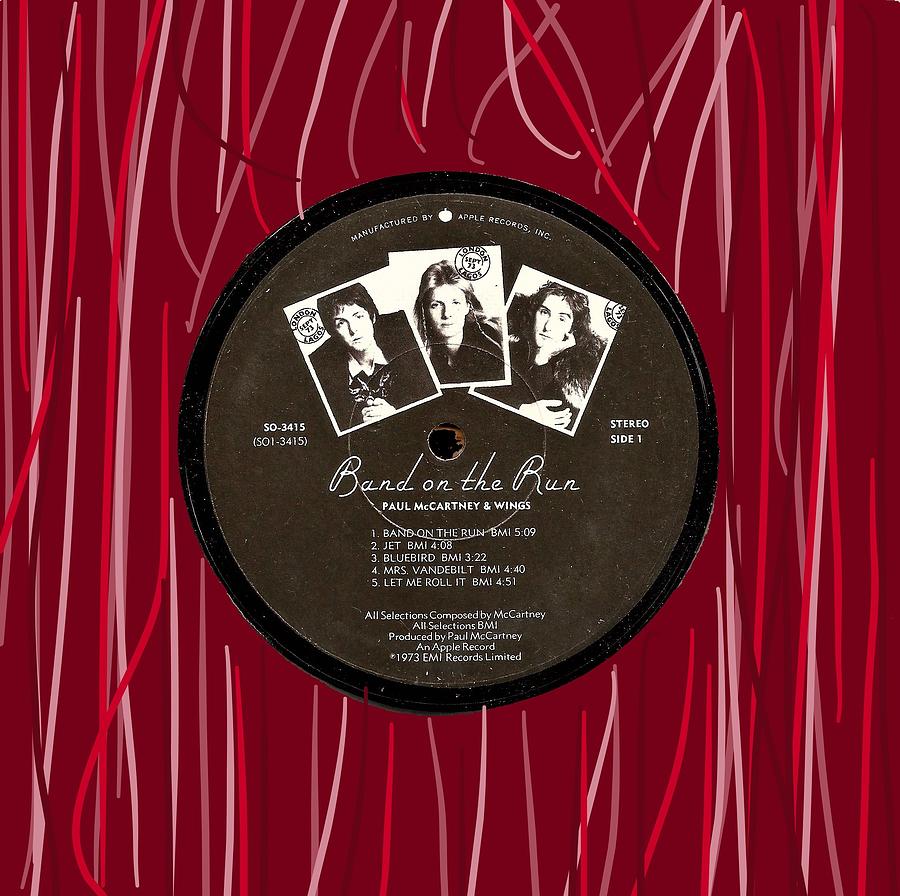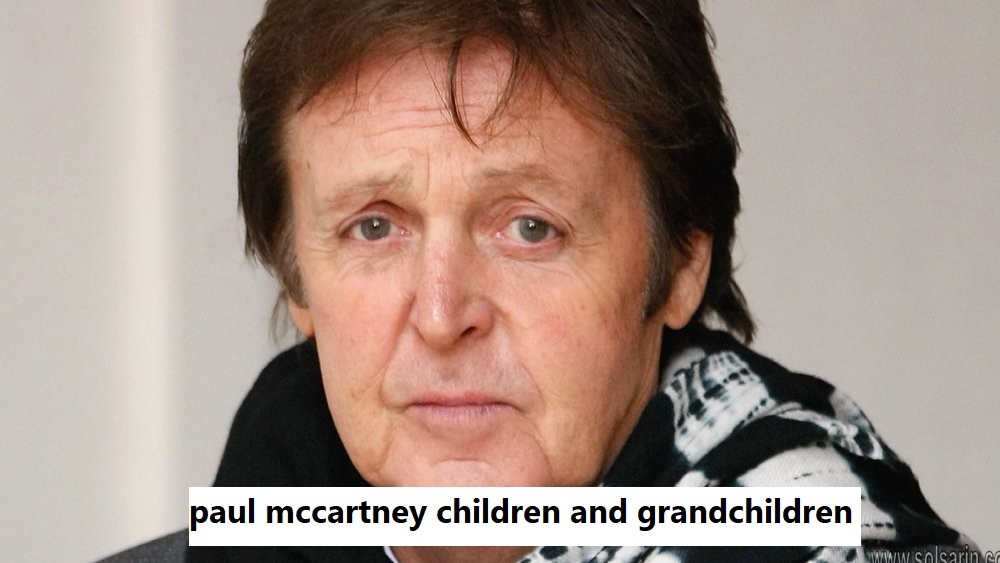
It's also very cut-and-dried "this happened, then this happened, then this happened", etc. However, it's a fairly broad overview, so folks looking for details on the recording of various albums will be dissapointed. McGee does not try to counter balance such views.moreĪs an avid Wings fan I was excited to finally see a book dedicated to Paul's post-Beatles group. If Denny Laine says McCartney is cheap, well, that is the only truth. It is also poorly written, low on text and the author will not present any balanced view. As for this lightweight, trite paperback book.pass on it. Thank God critics in respectible magazines are starting to re-evualte his work and it is about time. The book does nothing but rehas the same old stories and same old stereotypical view of McCartney's post Beatle work. Had I seen Geoffrey Giuliano in the bibliography I would have passed.

I was excited to read this book, s I thought it would be insightful and fair. I happen to be of the belief that McCartney produced some of his finest work after The Beatles (who I love dearly). The book does nothing but rehas the same old stories and same old stereotypical view of McCartney Once again a book about Paul by someone who does not seem to like anything he has done since 1970.

Once again a book about Paul by someone who does not seem to like anything he has done since 1970. Band on the Run also includes a trove of rare Wings promotional material-album covers, posters, ads, and candid photos of the band on tour.more Appendices include interviews with former Wings guitarist Henry McCullough, a complete discography, a list of singles with Paul's comments on each, and rankings from the sales charts. McGee's tale of one of the most successful bands of the seventies-the first book to focus exclusively on Paul's post-Beatles years-tells the stories behind the #1 hits "Listen To What the Man Said," "My Love," "Band on the Run," "Jet," "With a Little Luck," and "Coming Up." McGee reveals the band's inner dynamics and its relationship with the press and public, examining Paul's determination to pursue a new sound, the criticisms Linda initially got from fans and bandmates, and the character conflicts that kept the lineup changing. For ten dramatic and turbulent years, the band weathered the critics, endured pot busts, survived a harrowing recording stint in Nigeria, changed drummers constantly, and produced a great deal of remarkable music. For ten dramatic and turbulent years, the band weathered the critics, endured pot busts, survived a harrowing recording stint in Nigeria, changed drummers constantly, and produced a great d After the breakup of the Beatles in 1971, Paul McCartney formed Wings with his wife Linda on keyboards, ex-Moody Blues guitarist Denny Laine, and American session drummer Denny Seiwell. So we just made up a story about people breaking out of prison.'”Įven though his previous drug charges made it still difficult for him to tour outside of the UK, “Band on the Run” reached at number one in the United States, which assured McCartney that he was back and bigger than ever.After the breakup of the Beatles in 1971, Paul McCartney formed Wings with his wife Linda on keyboards, ex-Moody Blues guitarist Denny Laine, and American session drummer Denny Seiwell. “We were being outlawed for pot … And our argument on was ‘Don’t put us on the wrong side … We are not criminals, and we don’t want to be. McCartney needed to explain that they weren’t criminals and said:

The legal community thought that McCartney’s band were doing illegal things and had an argument about the song. The song talks about criminals getting out of jail.

Band on the run – escaping, freedom, criminals. It’s a million things I don’t like to analyse them, all put together. ‘If we ever get out of here,’ the prison bit, and I thought that would be a nice way to start an album. “He was saying that we were all prisoners in some way, some kind of remark like that. “It started off with ‘If I ever get out of here.’ That came from a remark George made at one of the Apple meetings.


 0 kommentar(er)
0 kommentar(er)
